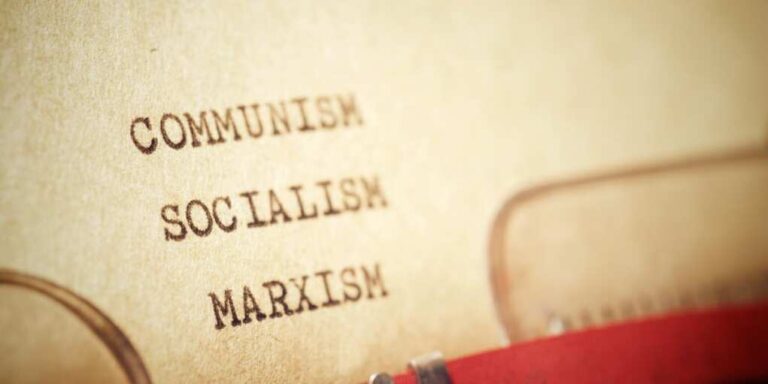
Los Angeles may be headed toward a new kind of mayor’s race. The city already leans left under Mayor Karen Bass, but a Democratic Socialist challenger is now stepping in with promises of “free” services and sweeping change.
Two other major cities have already gone this route. New York City elected Zohran Mamdani, and Seattle chose Katie Wilson. Both came in with Democratic Socialist branding and big progressive agendas.
Now, community organizer Rae Huang is running for mayor of Los Angeles. She is 43 years old and a member of the Democratic Socialists of America. Her campaign mirrors the hard-left programs seen in those other cities.
“I am excited and very humbled to announce that I am running for Mayor of Los Angeles, the second largest city in our nation,” Rae Huang wrote on Instagram.
“After over 20 years of leaning into my call to serve God through social justice work and organizing, this path has led me in these uncertain times to take the unusual path to continue my calling by running for Mayor to finally see through the changes the LA social justice movement and I have been building for years.”
Her agenda centers on universal housing, free transportation, climate resiliency, and “affordability.” The framing echoes platforms that promise sweeping benefits without saying who pays. It also tracks with the New York City plan tied to Zohran Mamdani’s first run.
Huang’s entry comes as Bass faces sharp criticism. The massive January blazes devastated large areas, and the city’s recovery has lagged. Bass was in Ghana even as warnings of dangerous fire conditions mounted, and rebuilding has been slow.
The city’s finances are stumbling. Services have slipped. Voters have noticed.
The Los Angeles Times called Huang “virtually unknown” and a “long shot,” but recent results in Seattle and New York show that “long shot” can turn into election night surprises. Even if she falls short, Huang could split the left and weaken the incumbent.
Still, Huang could complicate Bass’ reelection bid by pulling away left-of-center voters in a year when the incumbent is facing criticism over her handling of the Palisades fire, a struggling city budget and less-than-optimal public services.
Bass already faces another challenge. Former Los Angeles Unified School District Superintendent Austin Beutner is in the race. He has attacked Bass’s record on fires, finances, and basic services, arguing the city needs steadier management.
It is also unclear whether Rick Caruso, who lost to Bass in 2022, will jump in. If he does, the field would feature a billionaire developer, a Democratic Socialist organizer, a former schools chief, and the sitting mayor, all competing for a city in trouble.
At the council level, Democratic Socialists have already made gains. Several DSA-backed candidates hold office. DSA-LA is working to place more names on future ballots, building a pipeline for citywide power.
Huang’s message is designed to energize activists and young voters. Universal housing and free transit sound like quick fixes in a city with heavy rents and clogged streets. But major bills come with big promises, and Los Angeles already has a budget problem.
Her own words make the stakes plain.
“I am excited and very humbled to announce that I am running for Mayor of Los Angeles, the second largest city in our nation,” Rae Huang wrote.
She tied her campaign to long-running organizing.
“After over 20 years of leaning into my call to serve God through social justice work and organizing,” she wrote, “this path has led me… to finally see through the changes the LA social justice movement and I have been building for years.”
The Los Angeles Times headline writers gave her a label that carries weight.
They called her “virtually unknown” and a “long shot.”
That may not comfort residents who watched Seattle and New York embrace the far left and then struggle with taxes, crime, and services. Los Angeles could be next if the votes break the same way.
The question is not whether the promises sound good. It is whether a city with fires still smoldering, a shaky budget, and fraying services can afford another experiment from the far edge of politics. Voters will decide soon enough.






